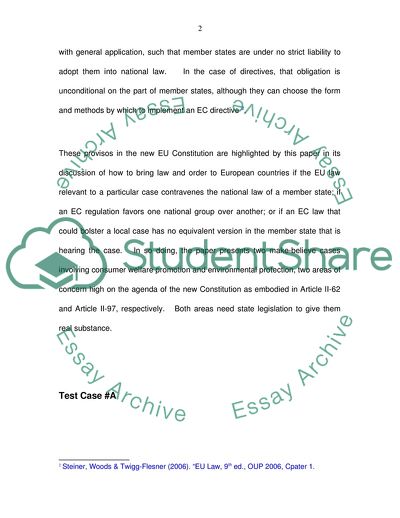Cite this document
(How to Bring Law and Order to European Countries Assignment, n.d.)
How to Bring Law and Order to European Countries Assignment. Retrieved from https://studentshare.org/law/1707002-constitutional-law-of-the-european-union
How to Bring Law and Order to European Countries Assignment. Retrieved from https://studentshare.org/law/1707002-constitutional-law-of-the-european-union
(How to Bring Law and Order to European Countries Assignment)
How to Bring Law and Order to European Countries Assignment. https://studentshare.org/law/1707002-constitutional-law-of-the-european-union.
How to Bring Law and Order to European Countries Assignment. https://studentshare.org/law/1707002-constitutional-law-of-the-european-union.
“How to Bring Law and Order to European Countries Assignment”. https://studentshare.org/law/1707002-constitutional-law-of-the-european-union.


